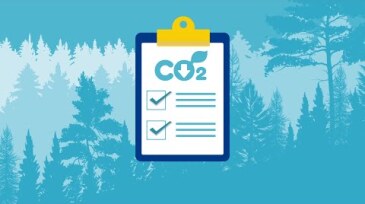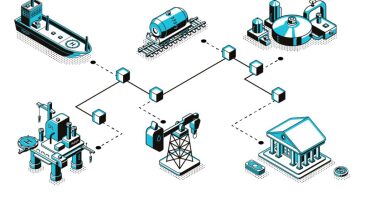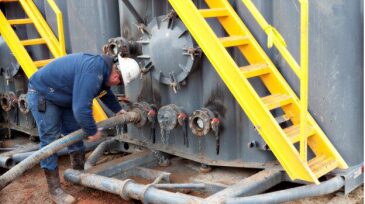blockchain
-
A new report from GlobalData provides an overview of the digitalization efforts within the industry and their potential to transform operations.
-
This paper focuses on the application of blockchain technology and the use of distributed ledgers on process safety and integrity management.
-
This research addresses the bottlenecks experienced in supply-chain management (SCM) in an African hydrocarbon company. These bottlenecks slow down processes and make the procedures tedious, leading to operational inefficiencies. This paper discusses the security of the SCM data and the overall automation of the procurement value chain, providing transparency to the s…
-
Disruptive digital technologies change the world, altering fundamental aspects of how we work and live. A new generation of digital technologies, enabled by blockchain, could make processes faster and create opportunities both for businesses and individuals. Blockchain-based technology could also help accelerate the energy transition.
-
Blockchain has moved past its status as a niche technology and now is being looked at as one that can transform many traditional industries by bringing digital automation, security, and potentially large cost savings. Shareholders have been pushing oil and gas businesses to cut expenses while increasing earnings, putting them under pressure. Blockchain can help the oi…
-
The carbon footprint of Bitcoin and other cryptocurrencies has been making headlines recently. This article explains what drives their energy consumption and presents alternative approaches.
-
At Equinor’s giant new North Sea oil field, thousands of sensors feed into Data Gumbo’s novel blockchain platform—encoding an immutable record of operations, the better to automate contracts, pay vendors, and (in the not too distant future) even measure carbon emissions.
-
With such uses as tracking the source of renewable energy and changing the relationship between how energy is produced and consumed, blockchain has the potential to transform the way companies collaborate and interact to accelerate the development of low-carbon energy.
-
Industrial blockchain network Data Gumbo has facilitated real-time tracking of lease operating expenses for oil and gas operators by using validated field-operating data to trigger automated payments based on agreed terms.
-
A test showing that it’s possible to automate the billing process for produced water hauling has opened the door for tracking a wide range of field activities. The industry downturn brought on by COVID-19 has motivated big companies to test practical applications sooner.
Page 1 of 3










